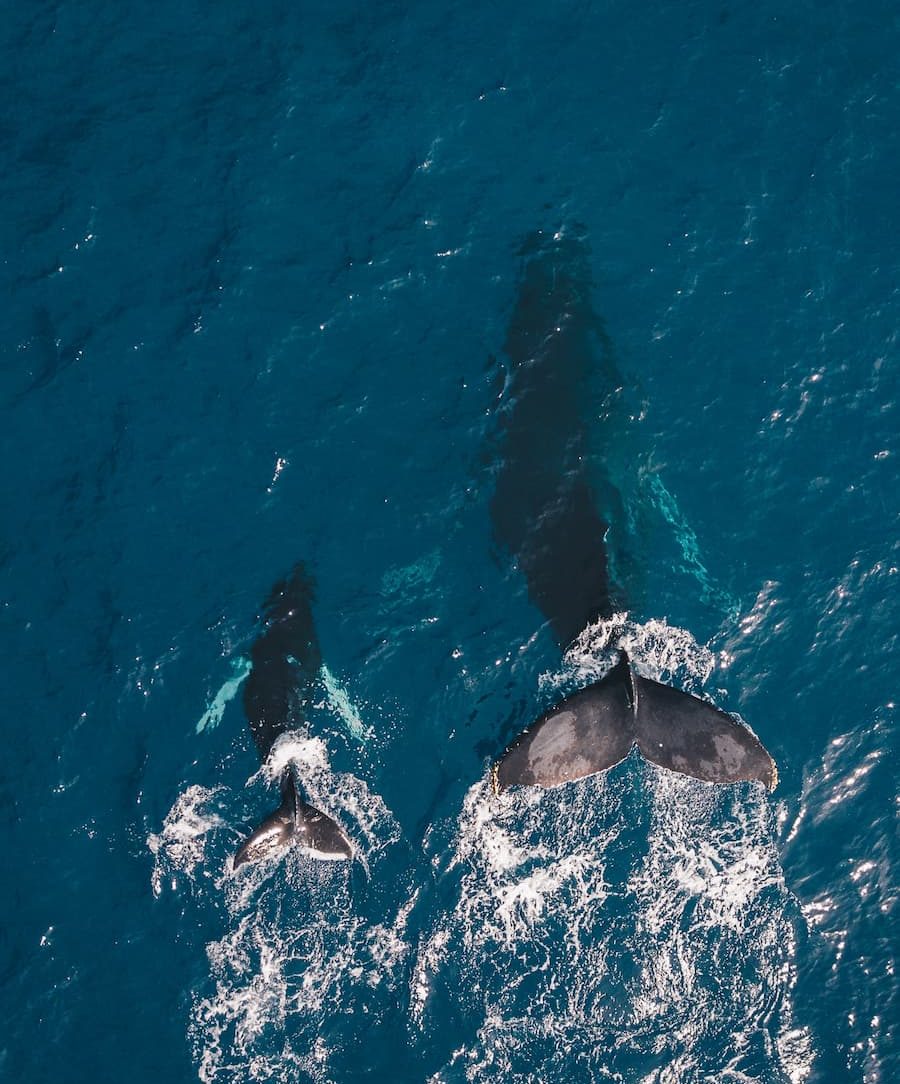Maritime transportation accounts for about 3% of global CO2 emissions e.g. 1000 million of equivalent tons of CO2.
As a point of reference, other transport modes account for:
- rail: 0.2% of global CO2
- road: 4.9% of global CO2
- air: 0.5% of global CO2
Decarbonizing maritime transportation must be done from a warehouse-to-warehouse standpoint by taking into account first/last mile delivery. As such, 25% of sea cargo is delivered by road to the ships (in ton.km) but accounts for twice the greenhouse gas emissions (GHG) of the maritime transportation. We believe that, in order to realize the full potential of maritime transportation decarbonization, it is necessary to think of it from a local perspective in close contact with the local authorities.
Sources :
– Fourth IMO GHG Study 2020
– IEA Greenhouse Gas Emissions from Energy Data Explorer
Thanks to a 100% sailling solution, VELA allows a reduction of 99% of maritime transportation GHG emissions and up to 88% of your whole logistic chain (from the manufacturing warehouse to the distribution warehouse) thanks to our decentralised logistic solution
Calculation for transportation of goods between Le Havre (France) and New York (USA) taking into account GHG emissions in equivalent tons CO2
Sources include the V22 Carbon database of ADEME and the data made available by the Global Logistics Emissions Council (GLEC).
Based on the functioning of your supply chain and your needs, we can quickly offer you an offer of adapted solutions.


